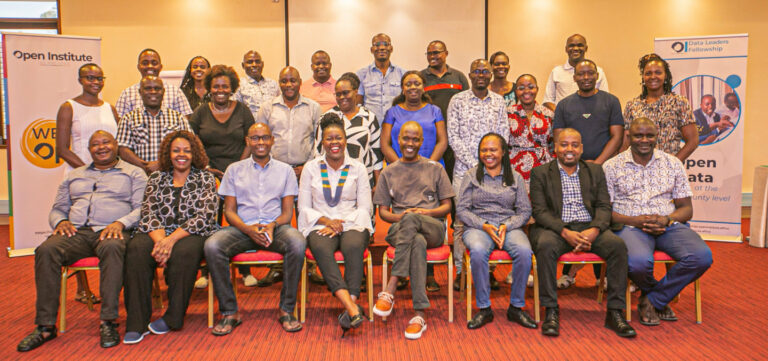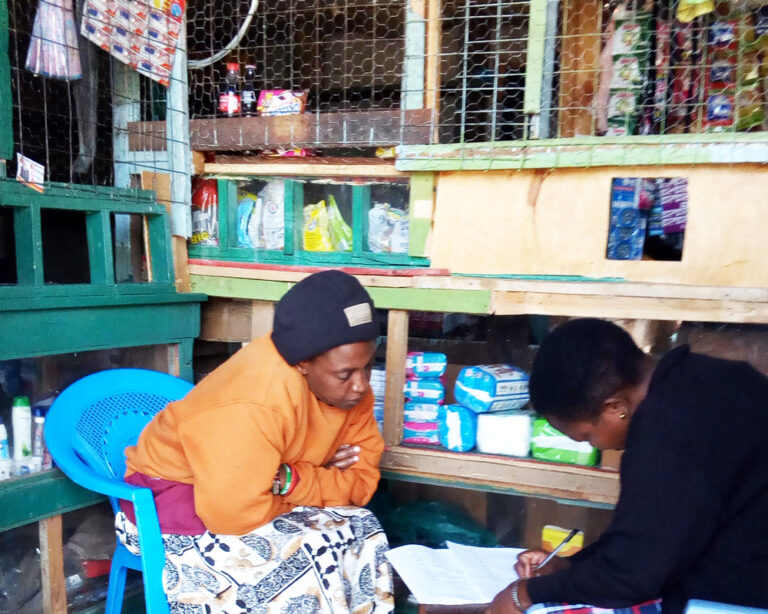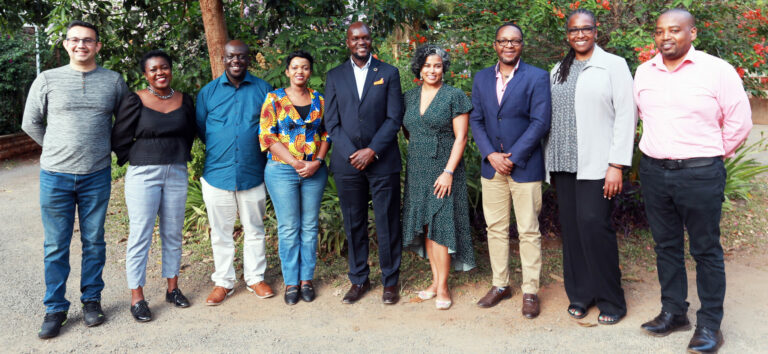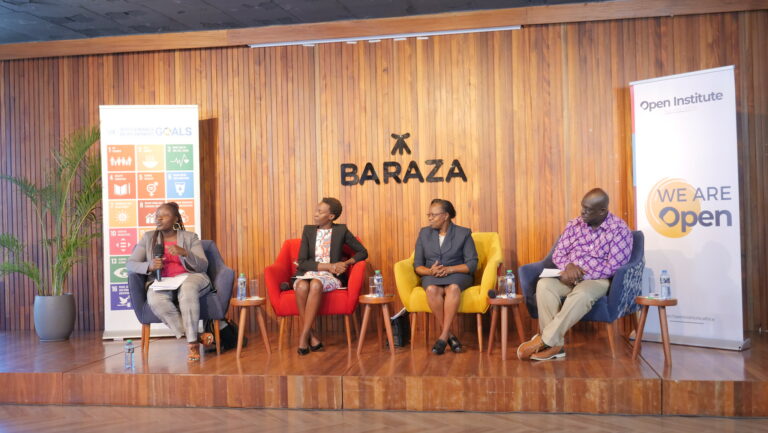About Open County
The core principle undergirding the Open County Initiative is promoting open government at the grassroots. Through this local focus, the OC Initiative provides a framework through which county-level engagement between county government, private sector and civil society is initiated and sustained. It also ensures citizens are given a seat at the table through public participation in governance processes such as county budgets, service delivery and the use of devolved funds which are critical to the improvement of their livelihoods .
The Open County initiative comprises components which include:
- The Open County Portal, a set of dashboards that guide county management teams to manage development results more effectively and provide a platform for engaging citizens
- The County Data Desk, a platform through which users can obtain relevant and actionable data about the county and also enable the public, private sector and government to access information for decision making free of charge.
- CoG – Maarifa Centre Online Platform, the primary knowledge repository hosted at the Council of Governors, to document and share experiences, innovations and solutions on Kenya’s devolution journey which also allows for online exchanges, peer learning and discussions.
- DevolutionHub, a one-stop-repository for all devolution documents in Kenya that is an easy-to-use platform where the body of knowledge that is developed on devolution can be accessed – not just by the county governments, but also by Civil Society, Private Sector and Individuals.
Kenya School of Government, a knowledge hub containing information about the various training courses, events and discussions happening at the institution, whose mission is to empower the public service in the thematic areas of Food Security, Universal Health Coverage (both of which form part of the government’s Big Four Agenda) and Executive Leadership.
The Challenge
In Kenya, public participation is a constitutional requirement. County governments, however, are grappling with non-state actors (especially citizens, CSOs and the private sector) who cannot engage effectively on budget preparation, planning, and execution related processes. They are therefore unable to engage effectively, especially when it comes to using data and evidence.
- A gap exists at the county level as far as continuous servicing of the needs of citizens, the business community, academia and internally within counties. The gap manifests as a lack of machine-readable, accessible data which is easy to manipulate. For example, budget information, public tenders, and other reports and documents are published on county websites in PDF format which is difficult to analyze electronically.
- Lapses in producing data means that it can be difficult to monitor the performance of a project. Similarly, citizens are unable to track progress of development projects in their locality
- General improvement of data across all the county government departments is necessary.
Build Internal Statistical Capacity
Creation of County Data Desk
Replicate Open County to all Counties
1. Elgeyo Marakwet County (EMC)
2. Kilifi County
3. Makueni County
4. Taita Taveta County
5. Baringo county
Outcomes that we hope for
Increased transparency and accountability for improved service delivery
The Open County Initiative assists county governments to overcome the challenges they face in actualizing their ambitions for good governance, integrity, transparency and accountability.
Improved evidence based decision making
Open data frameworks promote the County’s capacity to accurately plan and allocate resources so that citizens get the services that are most relevant to their needs.
Better civic engagement
Citizens are able to gain insights at a micro level within their county and easily access data ranging from human population as well as metrics in areas such as agriculture and other sectoral data. This will in turn increase opportunities for direct communication from the government’s office to citizens dispensing critical and necessary information at any given time.
The Open County Team
Benjamin Charagu
Operations & Programme Director
Stay up to date
Follow our latest updates featuring highlights of our work
Be in the know
Follow our latest stories from our blog
Our Partners
Partners and friends who helped us realize our mission for this project







